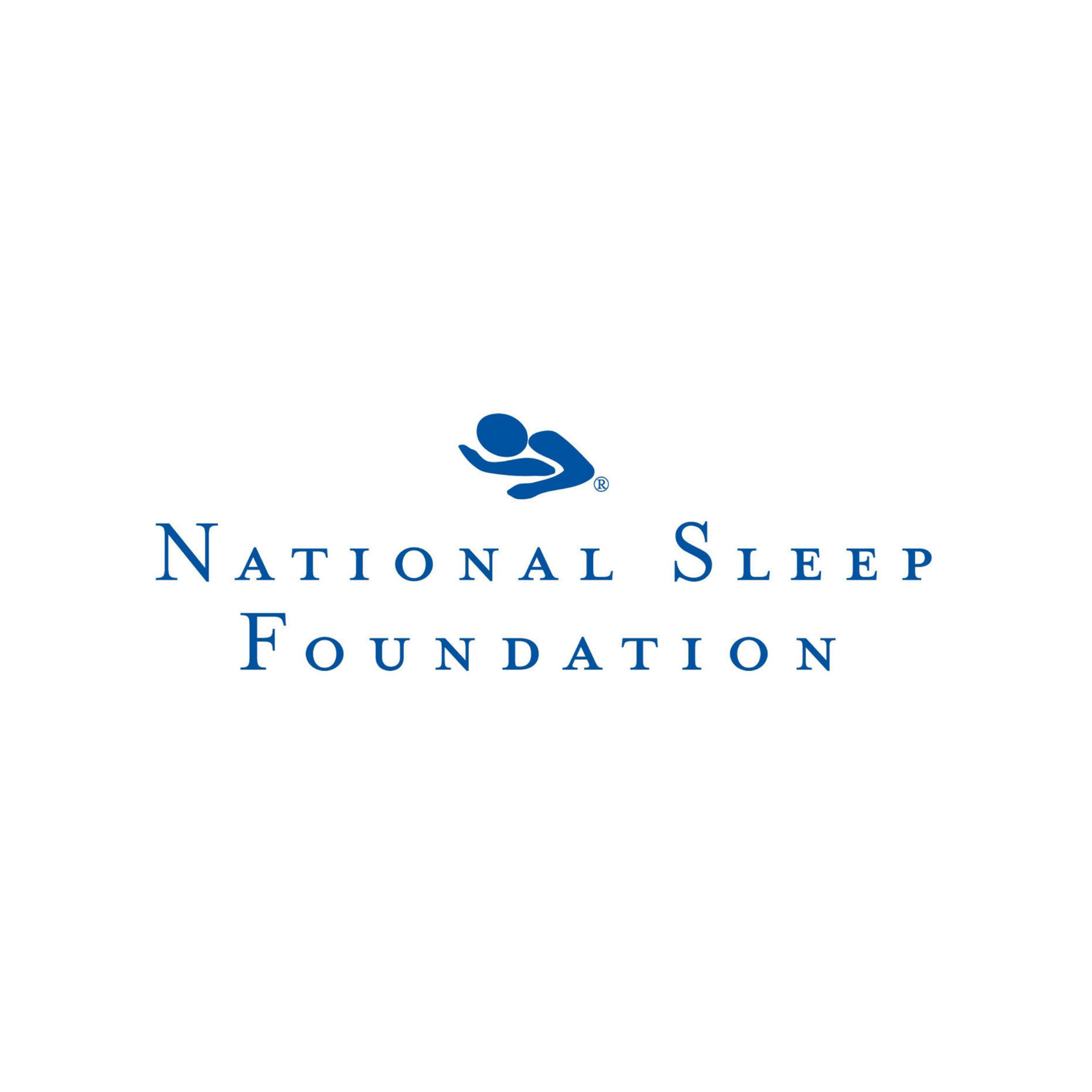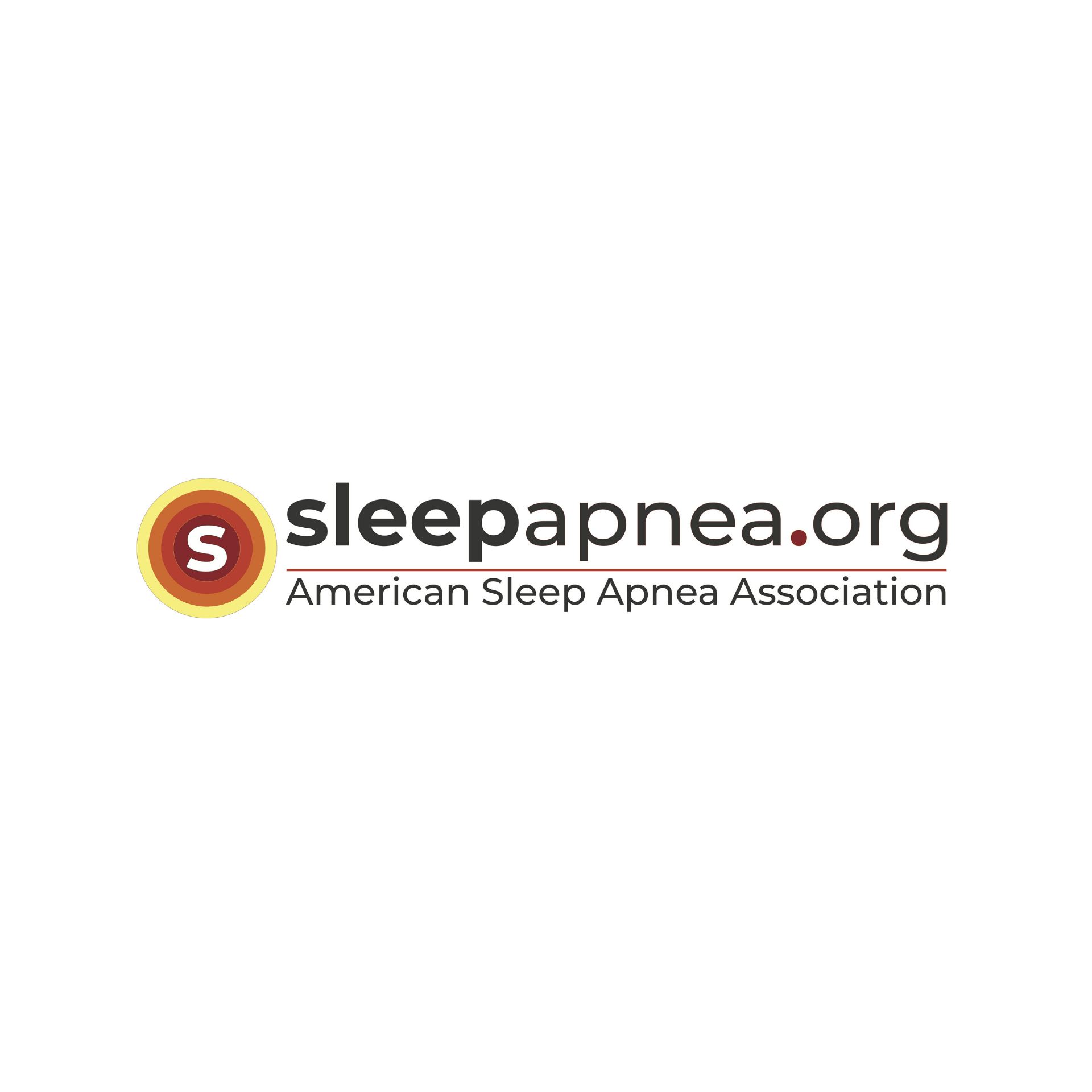Scroll for more tabs
INSOMNIA
Insomnia means poor sleep. About one in five adults does not get as much sleep as they would like.
Poor sleep can mean:
- Not being able to get off to sleep.
- Waking up too early.
- Waking for long periods in the night.
- Not feeling refreshed after a night's sleep.
If you have poor sleep, you may be tired in the daytime, have reduced concentration, become irritable, or just not function well.
What is a normal amount of sleep?
Different people need different amounts of sleep. Some people function well and are not tired during the day with just 3-4 hours' sleep a night. Most people need more than this. To need 6-8 hours per night is average. Most people establish a pattern that is normal for them in their early adult life. However, as you become older, it is normal to sleep less. Many people in their 70s sleep less than six hours per night.
So, everyone is different. What is important is that the amount of sleep that you get is sufficient for you, and that you usually feel refreshed and not sleepy during the daytime. Therefore, the strict medical definition of insomnia is ...'difficulty in getting to sleep, difficulty staying asleep, early wakening, or non-restorative sleep despite adequate time and opportunity to sleep, resulting in impaired daytime functioning, such as poor concentration, mood disturbance, and daytime tiredness'.
What are some causes of poor sleep?
Poor sleep may develop for no apparent reason. However, there are a number of possible causes which include the following:
- Concern about wakefulness - You may remember the normal times of being awake in the night. You may feel that to wake in the night is not normal, and worry about getting back off to sleep. You may 'clock watch', and check the time each time you wake up. This may make you irritated or anxious, and you are more likely to remember the times of wakefulness. You may then have an impression of having a bad night's sleep, even if the total amount of time asleep was normal.
- Temporary problems - Poor sleep is often temporary. This may be because of stress, a work or family problem, jet-lag, a change of routine, a strange bed, etc. Poor sleep in these situations usually improves in time.
- Anxiety or depression - You may find it difficult to switch off your anxieties about work, home or personal problems. Also, poor sleep is sometimes due to depression. Other symptoms of depression include: a low mood, lethargy, poor concentration, tearfulness, and persistent negative thoughts. Depression is common. Treatment of depression or anxiety often cures the poor sleep too.
- Sleep Apnea - This sometimes occurs in people who snore, most commonly in obese people. In this condition the large airways narrow or collapse as you fall asleep. This not only causes snoring, but also reduces the amount of oxygen that gets to the lungs. This causes you to wake up to breathe properly. You may wake up many times each night which may result in daytime tiredness. See separate leaflet called 'Sleep Apnea' for details. Note: most people who snore do not have sleep apnea, and sleep well.
- Other illnesses - Various illnesses keep some people awake. For example, illness causing pain, leg cramps, breathlessness, indigestion, cough, itch, hot flushes, mental health problems, etc.
- Stimulants - These can interfere with sleep. There are three common culprits.
- Alcohol - many people take an alcoholic drink to help sleep. Alcohol actually causes broken sleep and early morning wakefulness.
- Caffeine - which is in tea, coffee, some soft drinks such as cola, and even chocolate. It is also in some painkiller tablets and other drugs (check the ingredients on the drug packet). Caffeine is a stimulant and may cause poor sleep.
- Nicotine (from smoking) is a stimulant, and it would help not to smoke.
- Street drugs - For example, ecstasy, cocaine, cannabis and amfetamines (amphetamines) can affect sleep.
- Prescribed drugs - Some drugs sometimes interfere with sleep. For example, diuretics ('water tablets'), some antidepressants, steroids, beta blockers, some slimming tablets, painkillers containing caffeine, and some cold remedies containing pseudoephedrine. Also, if you suddenly stop taking regular sleeping tablets or other sedative drugs, this can cause 'rebound' poor sleep.
- Unrealistic expectations - Some people just need less sleep than others. If your sleep pattern has not changed, and you do not feel sleepy during the day, then you are probably getting enough sleep. Older people and people who do little exercise tend to need less sleep. Some people think they should be able to nap during the day - and sleep eight hours at night!
- A vicious cycle - Whatever the initial cause, worry about poor sleep, and worry about feeling tired the next day, are common reasons for the problem to become worse.
Some classifications - Doctors sometimes classify poor sleep (insomnia) into the following categories:
- By type:
- Primary insomnia is insomnia that occurs when no illness or other secondary cause (comorbidity) is identified. Primary insomnia accounts for about one in five cases of long-term insomnia.
- Secondary (or comorbid ) insomnia is when insomnia occurs as a symptom of, or is associated with, other conditions. These can be medical or mental health conditions, or drug or substance misuse (as discussed above).
- By duration:
- Short-term if insomnia lasts between one and four weeks.
- Long-term (or persistent) if insomnia lasts for four weeks or longer.
How can I improve poor sleep?
This section will discuss five topics which can help to promote better sleep - understanding some facts, sleep hygiene, relaxation techniques, daytime exercise, and cognitive and behavioral treatments. In effect, these can be used in a step-wise fashion. You need only go on to the next 'step' if the previous step is not very helpful, but each step requires a greater degree of effort.
What about sleep medication?
Sleeping tablets are not usually advised. The main types of sleeping tablets are in a class of drugs called benzodiazepines, or in a class of drug called 'Z drugs'. In the past, sleeping tablets were commonly prescribed. However, they have been shown to have problems, and are now not commonly prescribed.
Possible problems with sleeping tablets include:
- Drowsiness the next day. You may not be safe to drive or to operate machinery.
- Clumsiness and confusion in the night if you have to get up. For example, if you have had a sleeping tablet, you may fall over if you get up in the night to go to the toilet. (Older people who take sleeping tablets have an increased risk of falling and breaking their hip.)
- Tolerance to sleeping tablets may develop if you take them regularly. This means that, in time, the usual dose has no effect. You then need a higher dose to help with sleep. In time, the higher dose then has no effect, and so on.
- Some people become dependent (addicted) on sleeping tablets, and have withdrawal symptoms if the tablets are stopped suddenly.
Sometimes a sleeping tablet is advised. If a sleeping tablet is prescribed, it is usually just a short course (a week or so) to get over a particularly bad patch. Sometimes a doctor will advise sleeping tablets to be taken on only two or three nights per week, rather than on every night. This prevents tolerance or dependence to the tablet from developing.
Melatonin
Melatonin is, strictly speaking, not a 'sleeping tablet'. Melatonin is a naturally occurring hormone made by the body. The level of melatonin in the body varies throughout the day. It is involved in helping to regulate the 'circadian rhythms' (daily cycles) of various functions in the body. A melatonin supplement is sometimes advised in older people (more than 55 years of age) with persistent insomnia. The recommended duration of treatment is for three weeks only.
Valerian and other herbal remedies
Herbal remedies are used by some people to help with sleep. For example, valerian. However, research studies have shown that there is very little evidence to show that they work. Therefore, they are not recommended.






